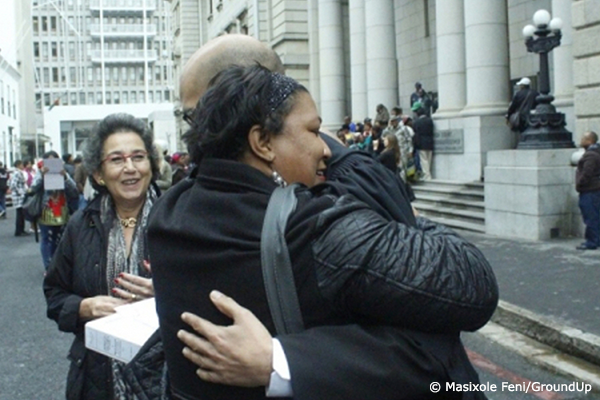Monthly Caselaw Update  |  | | Issue 85, February 2017 |
 |
Constitutional Court case focused on judicial oversight of debt recovery practices in South Africa
University of Stellenbosch Legal Aid Clinic (Clinic) & Others v Minister of Justice and Correctional Services & Others; Association of Debt Recovery Agents NPC v Clinic & Others; Mavava Trading 279 (Pty) Ltd & Others v Clinic & Others [2016] ZACC 32
The applicants were low-income workers who had obtained small loans from a loan company. When they later became unable to keep up with loan repayments, the company demanded that they sign further documents which resulted in default judgments and emoluments attachment orders (EAOs) being obtained by credit providers, from clerks of magistrates’ courts located far away from where the applicants reside and work, making it very difficult to oppose these orders. In some instances, their signatures that enabled the credit provider to obtain the EAOs were forged. The substantial amount deducted from the debtors’ wages left them with insufficient income to provide for themselves and their families.
In September 2014, the University of Stellenbosch Legal Aid Clinic (Law Clinic) and others instituted proceedings. On appeal to the Constitutional Court ordered a change in the wording of Sections 65(J)(2)(a) and (b) of the MCA to make the legislation framework consistent with Section 34 of the Constitution (which provides that “[e]veryone has the right to have any dispute that can be resolved by the application of law decided in a fair public hearing before a court or, where appropriate, another independent and impartial tribunal or forum.”) The Court confirmed the judicial obligation to take into account certain factors in every application for an EAO (i.e. the nature of the debtor’s income, the amount she needs for her upkeep and support of her dependents), in order to ensure that any such order only applies to funds that are in excess of the amount a debtor needs for the maintenance of her own and that of her dependants.
In its reasoning, the Court emphasized that a lack of judicial oversight poses a threat to “the livelihood and dignity of low-income earners, a distinctly vulnerable group in our society” and that “…taking away the basic income that indigent debtors rely on for subsistence, without court supervision, rubs right up against the right to dignity (which underlies all the socio-economic rights of housing, food and health care).”
In the context of widespread practices of debt recovery that place significant economic and other pressure on vulnerable low-income workers, the judgment is an important confirmation that access to justice requires, among other action, appropriate judicial oversight that takes into account the particular circumstances of each case.
Visit the caselaw database for more information on the case summary, the judgment and other related documents.
|
|
|
|